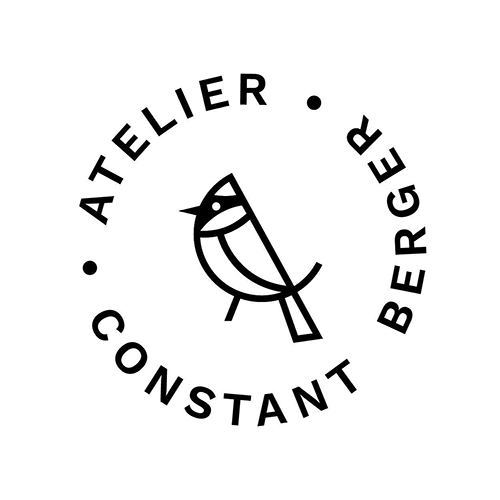No one behind!
Digital and ecological competences for vulnerable people
The project
The No One Behind! project aims to contribute to the socio-professional inclusion of vulnerable people in the digital and environmental transition we are currently experiencing. The e-learning platform developed as part of the project will have as its audience adult people who, for economic, social, cultural, geographical or health reasons face obstacles that prevent them from having effective access to job opportunities.
This platform will be designed and developed by a team of European partners with complementary expertise on the subject. It will be available online free of charge and will provide vulnerable people with basic digital and ecological skills as well as vocational guidance specifically related to green jobs: what are the most sought-after jobs in the field, what skills they require, what positions and salary prospects they offer, etc.
Project
Objectives
The project will contribute to the socio-professional inclusion of vulnerable people in the unprecedented digital and environmental transition we are currently experiencing.
The target groups are adult people who, for economic, social, cultural, geographical or health reasons, a migrant background, or for reasons such as disability and educational difficulties or for any other reasons face obstacles that prevent them from having effective access to job opportunities.
The consortium will develop an e-learning platform that will provide vulnerable people with basic digital and ecological skills as well as vocational guidance specifically related to green jobs: what are the most sought-after jobs in the field, what competences they require, what positions and salary prospects they offer, etc.
Implementation
The main activities will be
- the production of the training material for each partner country,
- the design and implementation of the training platform,
- its experimentation with at least 100 learners in the five partner countries (20 per country) through the training sessions organised in the partner institutions and associated organisations (training centres, VET schools, job centres, etc.)
- and the communication and valorisation of the project results throughout the project lifetime.
Results
The main results will be the e-learning platform, the national and international reports on the platform experimentation and the new digital and ecological skills acquired by the target groups during the training sessions, their better knowledge of the labour market and the new opportunities of the green jobs. Other significant outcomes will be the communication tools (project website, leaflets, newsletters) and promotional events developed throughout the project lifetime.
Upcoming events
No One Behind: how the training platform has been used in practice
No One Behind: how the training platform has been used in practice
As the No One Behind! project approaches its conclusion, attention is focused on the concrete use of its main output: the online training platform developed to support adult learners with fewer opportunities.
Throughout the project implementation, the platform has been actively used as a free, accessible learning resource by adult learners, trainers and organisations across partner countries. Its aim was not to replace existing training pathways, but to complement and support adult education activities, particularly in contexts where learners face barriers to participation.
A platform designed for real learning needs
The No One Behind platform offers self-paced learning modules covering:
- basic digital skills;
- key aspects of the green transition;
- job opportunities in sectors such as agriculture, tourism, recycling and energy.
The content has been structured using clear language and a simple navigation system, allowing users with different educational and digital backgrounds to engage with the materials independently and without pressure. This approach proved particularly effective for adults with limited experience of online learning.
As one participant explained:
“No One Behind! helped me learn in an easy and friendly way.”
This feedback reflects one of the project’s core principles: accessibility is essential for meaningful participation in lifelong learning.
Growing engagement and participation
Platform usage has steadily increased over the course of the project.
To date, the number of registered users has largely exceeded 200 learners, confirming both the relevance of the topics addressed and the effectiveness of the platform’s inclusive design.
Registrations include adult learners as well as trainers and organisations that have used the platform:
- to introduce green and digital topics in adult education courses;
- as a support tool between in-person sessions;
- and to encourage autonomous learning in a flexible and non-judgemental environment.
Rather than focusing solely on completion rates, the project prioritised engagement, confidence-building and accessibility, key elements for adult learners with fragmented learning histories.
A practical tool for inclusion
The experience of No One Behind! demonstrates that digital learning tools can effectively support inclusion when they are designed around real needs rather than assumptions. By combining flexibility, free access and relevant content, the platform has contributed to making digital and green skills more accessible to adults who are often excluded from traditional training opportunities.
The platform remains freely accessible and continues to offer learning opportunities beyond the project’s lifetime.
👉 Discover the No One Behind! platform
Final partners' meeting
Final partners' meeting
The project partners have met for the last in Istanbul in a meeting hosted by SKD, to talk about the piloting of the platform and prepare the end and sustainability of the project. They also agreed to continue working togetger, brainstorming ideas for future projects. The No One Behind project is not quite over yetr, with the platform piloting phase still ongoing and multiplier events to take place in February 2026.
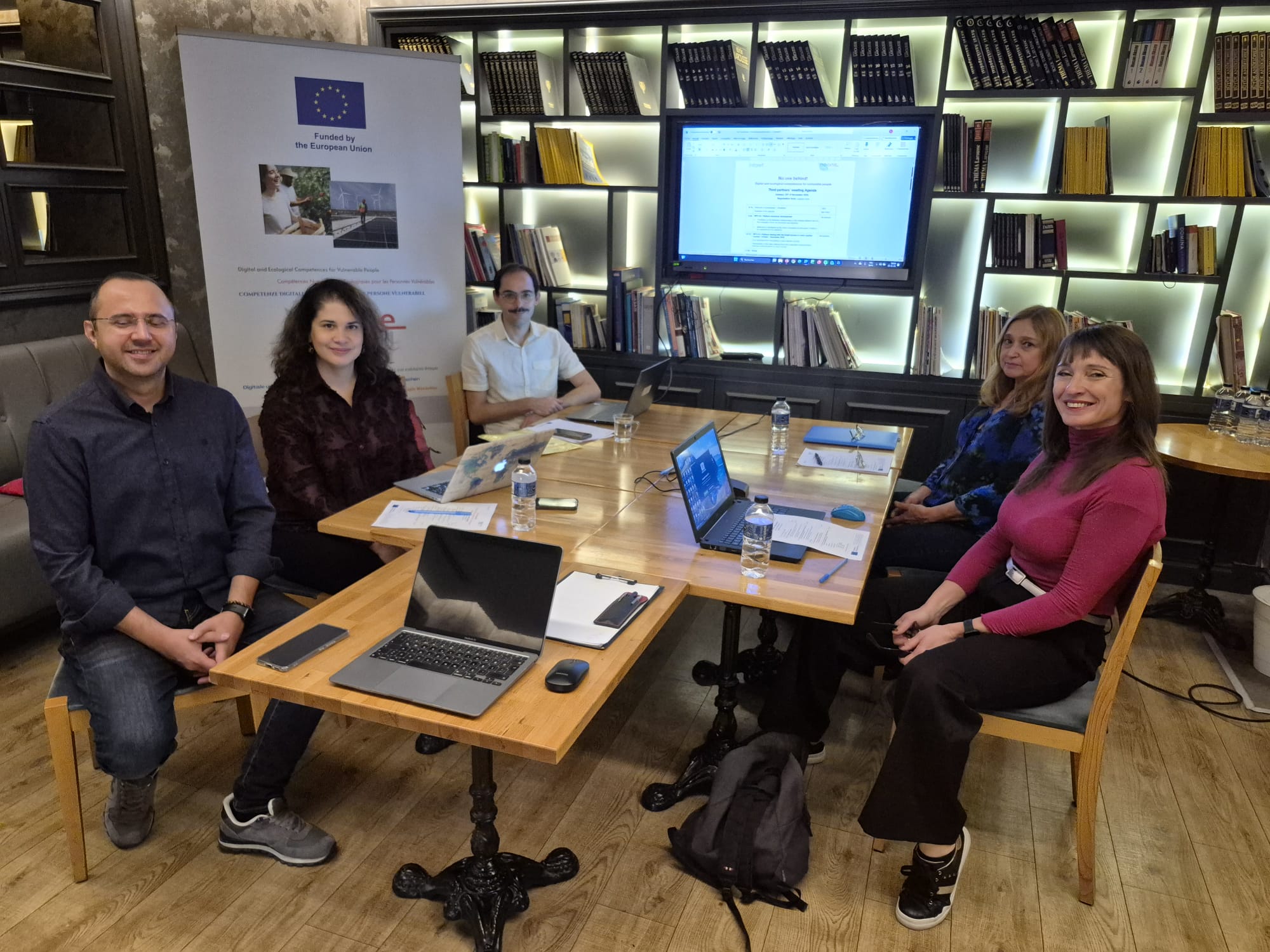
Inclusive Adult Learning for a Just Digital and Green Transition
Inclusive Adult Learning for a Just Digital and Green Transition
In September 2025, the European Parliament hosted a high-level roundtable discussion emphasizing the importance of ensuring that disadvantaged groups are not left behind in the ongoing digital and green transitions. These transformations, while offering unprecedented opportunities in the labor market, can also exacerbate inequalities if certain populations lack access to the necessary skills and resources.
Participants at the roundtable stressed the crucial role of inclusive adult education in bridging this gap. Investments in lifelong learning, vocational training, and digital literacy programs were highlighted as essential tools for enabling vulnerable adults—who may face economic, social, cultural, or health barriers—to actively participate in the evolving economy. The discussion also underscored that such initiatives must align with the European Pillar of Social Rights, ensuring equitable access to services and opportunities for all citizens.
The event was organized as part of the Just4All project, which aims to develop policy recommendations and strategies to promote social justice and sustainable development across Europe. By focusing on inclusive learning, the project seeks to create a workforce that is not only digitally and environmentally competent but also socially empowered. Experts noted that when adult education programs prioritize inclusivity, they help reduce unemployment, foster social cohesion, and contribute to a fairer transition toward a greener economy.
Moreover, the roundtable highlighted the importance of cross-sector collaboration. Policymakers, educators, and social partners shared insights on best practices and innovative approaches to teaching digital and ecological skills. Examples included flexible online platforms, local community workshops, and mentorship programs targeting individuals who might otherwise face exclusion from training opportunities.
As Europe navigates the challenges of digitalization and sustainability, initiatives like Just4All demonstrate that a just transition is achievable when social inclusion is placed at the forefront of policy and practice. Ensuring that no one is left behind not only benefits vulnerable populations but strengthens the resilience and competitiveness of the European workforce as a whole.
Vocational Education: The Key to Green and Digital Jobs for All
Vocational Education: The Key to Green and Digital Jobs for All
The green transition is sparking a transformation across Europe’s job market—offering new opportunities but also requiring a major investment in upskilling and reskilling. According to a CEDEFOP policy brief, vocational education and training (VET) is set to play an eminent role in delivering the skills Europe needs for greening our economies and societies.
Meeting the Challenge
The European Green Deal is expected to add about 2.5 million jobs by 2030, with the strongest growth in sectors like water supply, waste management, and construction. Yet this transition to greener economies also calls for workers who are digitally skilled—making digital and green skills two sides of the same coin.
VET and apprenticeships are highlighted as the backbone of this transition. Their close alignment with labour market needs means they can adapt quickly, helping to fill skills gaps and preparing workers for rapidly evolving green and digital sectors.
What Does This Mean for Vulnerable Groups?
- Accessible Upskilling: VET programs are especially critical for groups facing disadvantage by offering practical, hands-on training in emerging green jobs, ranging from solar panel installation to data management in waste recycling.
- Microcredentials and Lifelong Learning: Short courses and flexible certification options allow adults to keep learning as job demands change.
- Regional Green Hubs: Cities and regions across the EU are establishing green transition centers, making training more accessible for all and serving as models for social inclusion.
"No One Behind!" at the Forefront
At "No One Behind!", we are working with EU partners to enable everyone—regardless of background—to participate in this transformation. Our initiatives include:
- Partnering with local VET institutions to deliver green and digital skills training.
- Promoting apprenticeships and internships in sustainable industries.
- Ensuring that our programs are accessible, flexible, and designed for those who need them most.
The future of work in Europe is green and digital—and with the right education and support, truly no one needs to be left behind.
Green Skills for a Just Transition: The EU Launches the Pact for Skills in the Renewable Energy Sector
Green Skills for a Just Transition: The EU Launches the Pact for Skills in the Renewable Energy Sector
Major developments from Brussels: The European Commission has officially launched the Pact for Skills for the Renewable Energy Sector, a transformative initiative that aims to reskill and upskill over 1 million workers by 2030. This is a significant step in advancing the EU’s commitment to a green and just transition, as outlined in the European Green Deal and the European Pillar of Social Rights Action Plan.
The Green Transition: An Environmental Imperative and a Socio-Economic Opportunity
Europe’s ecological transition is not only a response to the climate crisis—it also presents a strategic opportunity for economic development, innovation, and social inclusion. As fast-growing sectors such as solar power, wind energy, hydrogen, and battery manufacturing create new demands for skilled labour, the need to prepare a qualified workforce is urgent.
The Fit for 55 package, the REPowerEU plan, and the EU Climate Law set clear targets for reducing emissions and increasing renewable energy capacity. However, without significant investment in human capital, these ambitions risk leaving behind those who lack the tools to participate in the new green economy.
The Pact for Skills: Fostering Cooperation and Inclusion
The Pact for Skills addresses this gap by bringing together businesses, training providers, social partners, and public authorities. Its goal is to encourage strategic partnerships and mobilise resources to support the development of green skills across the continent.
By aligning with the objectives of the European Skills Agenda, the Pact ensures that the green transition is not only fast, but fair. It places special emphasis on inclusion, helping those from vulnerable or underrepresented backgrounds access quality training and employment pathways in renewable energy and sustainability.
No One Behind! Empowering All Citizens for the Green Economy
At No One Behind!, we believe that everyone deserves a role in the ecological transition, regardless of their education, socio-economic status, or work history. Our project focuses on adult learners who may face barriers in accessing digital or environmental education.
Our Approach
We are developing an inclusive, multilingual e-learning platform to:
- Deliver essential digital and environmental skills tailored to adult learners
- Offer practical career guidance on green jobs: what they are, what skills they require, and how to pursue them
- Collaborate with vocational training centres, job agencies, and NGOs in five European countries to reach at least 100 learners
- Ensure that all learning materials are free, accessible, and interactive
Our objective is to open doors to green job opportunities for those who have often been excluded from the formal labour market or traditional education systems.
A Just Transition: Leaving No One Behind
The International Labour Organization (ILO) promotes the concept of a Just Transition, where climate policies are designed to ensure decent work and social equity. This involves supporting workers whose sectors are in decline—such as fossil fuels or extractive industries—while creating pathways to employment in emerging sectors like renewable energy, sustainable tourism, construction, food systems, recycling, and more.
Our platform is designed to help learners:
- Understand the evolving green job landscape in Europe
- Build confidence in using digital tools and online resources
- Identify concrete employment opportunities in sustainability-related sectors
- Access training and support available in their own regions
Building a Skilled Workforce for a Sustainable Future
The Pact for Skills underlines the urgency of preparing a workforce that can support the EU’s green ambitions. But it also highlights a broader truth: investing in people is essential for making this transition socially inclusive and economically viable.
If you are a training provider, an adult education professional, a public employment service, or simply someone committed to a fair and sustainable future—join us in making sure that no one is left behind.
Partners
Consortium partners
Inforef
BEMont-Saint-Martin 45, 4000, Liège
https://inforef.be/INFOREF is a not-for-profit organisation founded in 1987. Its staff of 10 people is specialised in ICT for educational purpose and in European project writing and management.
It creates websites and interactive material for educational purpose, trains teachers to use ICT in an educational context, and participates in European education projects.

BEST
ATMariahilfer Straße 8, 1070 Vienna
https://www.best.at/BEST is an independent Austrian organisation for providing continuous training, vocational qualification and career services. Its main activities comprise the development of innovative training programmes for young (+16) individuals and adults, many of them disadvantaged and with migration background, on continuous and vocational training, counselling & coaching and activation for job seekers and employees.
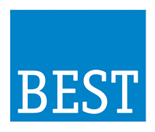
Asteres
ITSpazio Modigliani - Via A. Modigliani 23, 60019 Senigallia (AN)
https://asteres.it/ASTERES is a cooperative society whose aims are: fostering citizens’ 21st century competences and lifelong learning through the creation of innovative teaching and learning methodologies; raising awareness of international issues; promoting a common sense of belonging to the European Union.
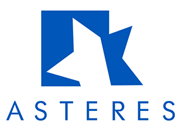
TIHC
EL9 Koronaiou str., 71201 Heraklion
https://www.katartisi.gr/The Technical Institute of Heraklion Chamber of Commerce and Industry is an experienced provider of training on professional development and vocational training and offers courses on tourism, soft skills and digital skills development, clustering and networking, funding opportunities circular economy...

SKD
TRVia Flat İşmerkezi, Beştepe Mah. Nergiz Sokak No:7/2-28 Yenimahalle/Ankara
https://www.surdurulebilir.orgSustainable Development Association was established to support the rights-based work to take the necessary steps to have sustainable development in Turkey with a holistic approach. Therefore, our general work areas are; fight against poverty and hunger, quality education, gender equality, reduction of inequalities, sustainable cities, and living areas, renewable energy, responsible consumption and production, health, climate action, conflict prevention, peace and justice, partnerships with various stakeholders for the goals as mentioned above.

Associated partners
Mediterranean Agrofood Competence Center - MACC
EL https://www.macc.gr/Mediterranean Agrofood Competence Center - MACC
The Mediterranean Agrofood Competence Center (MACC) is an organization whose mission is to enhance the competitiveness of the Greek economy through the utilization of innovation, knowledge, and the country's human capital.
To achieve its mission, MACC offers a range of services aimed at:
- Creating synergies between universities, research centers, and businesses.
- Supporting innovations from the stage of intellectual property rights protection to their integration into the real economy.
- Networking businesses through shared infrastructure and research resources.
- Solving problems faced by agrofood businesses through the introduction of innovation in products and services.
The success of MACC's mission is guaranteed by its members. These include various entities from the research and academic sector, the broader public sector, and companies operating across all areas of production in the country.
By leveraging both the partnerships created by its members and the expertise cultivated by its staff, MACC effectively supports new financial and productive models through:
- The development of new innovative actions.
- Their implementation in existing businesses.
- The realization of new entrepreneurial ventures.
Among the services provided by MACC to achieve its goals are:
- Identifying the needs of companies in the agrofood sector.
- Designing and implementing innovative solutions.
- Commercial exploitation of research results from Higher Education Institutions and Research Centers in the agrofood sector.
- Conducting studies and market research on consumers in Greece and abroad.
- Developing measurement/analysis systems.
- Documenting and evaluating agrofood products and services.
- Designing and implementing support, management, and documentation systems for economic and administrative activities.
- Providing consulting services on strategic and organizational planning.
- Developing marketing strategies and plans, human resource management.
- Organizing and strategizing agricultural production, standardization, and product marketing in Greece and abroad.
- Providing training for personnel.
- Organizing seminars, conferences, events, and educational activities on agrofood and new technologies.
- Organizing business missions, exhibitions, and visits to promote and support agrofood businesses.
- Participating and/or coordinating national and European innovation initiatives.
- Coordinating networking and business cluster organization activities for entrepreneurial innovation.
- Providing intermediary services for the introduction of innovation into agrofood businesses.
- Consulting services for meeting ESG criteria.
MACC participates in the European Network of Living Labs (ENoLL), demonstrating its commitment to creating value through collaboration and the exchange of knowledge and experience. Its participation in this network also underscores MACC's belief that innovation is not an end in itself but only meaningful when focused on meeting the needs of individual end-users and society as a whole.
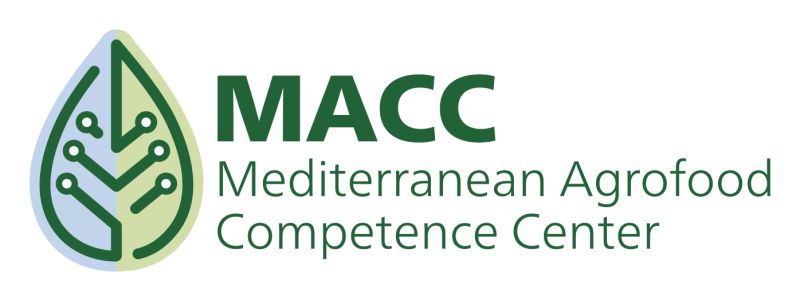
Cretan Winemaker Association
EL http://www.winesofcrete.grWines of Crete is a dedicated organization promoting the unique viticulture of Crete. It offers comprehensive information on the island's indigenous grape varieties, winemaking history, and cultural heritage. Visitors can explore curated wine routes, highlighting local wineries, traditional taverns, and historical landmarks. The organization also provides educational resources, including an e-book on Cretan wines, traditional recipes, and updates on wine-related events. By fostering appreciation and support for Cretan wines, Wines of Crete enhances both tourism and the local wine industry.
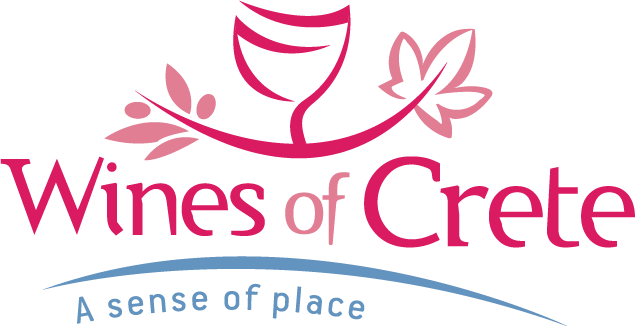
Ankara University European Union Research Centre (ATAUM)
TRCebeci Yerleşkesi Cemal Gürsel Caddesi, 06590, Cebeci, Ankara
https://ataum.ankara.edu.tr/European Union Research and Application Center (ATAUM) is a peer of Türkiye’s application for membership in the European Union and was established in 1987.
ATAUM was established in order to develop and proceed with Türkiye’s relations with the European Union.
ATAUM is Türkiye’s first research and training center established in this field.
Our Center continued its activities within the Faculty of Educational Sciences of Ankara University during 1987-1993 until it moved to its own building in Ankara University Cebeci Campus in the first half of 1993.
From our Center, which has provided primary and specialist training programs on the European Union since its establishment, more than 13 thousand people, most of whom work in public institutions and organizations, have received certificates as of 2018.
Apart from this, our Center continues its activities in research, education, publications, and scientific and cultural events on European Union-related issues.

La Ressourcerie du Pays de Liège
BEChaussée verte 25/3 4460 Grâce-Hollogne
https://www.ressourcerieliege.be/Ressourcerie du Pays de Liège is a cooperative funded in 2010 specialised in collecting, sorting, recycling and reusing bulky waste.
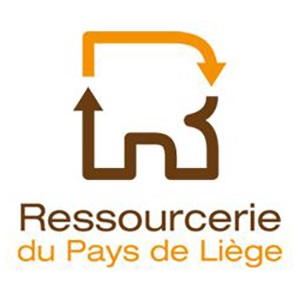
FIVI Delegazione Marche
ITVia Garibaldi, 75 - 63073 Offida (AP)
https://www.fivimarche.itThe Italian Federation of Independant Vine Growers aims to defend the work of vine growing, representing them to institutions and promoting their specificities.
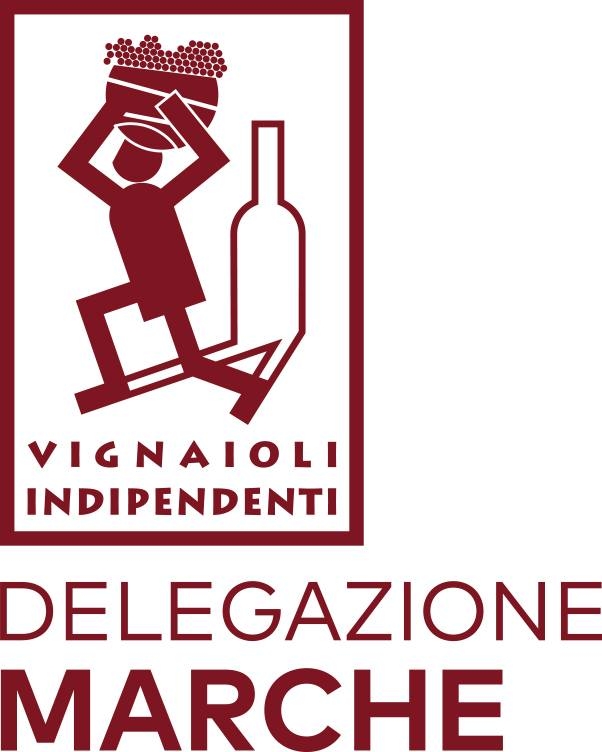
Unione Regionale Cuochi Marche
ITVia Abruzzo, 19, Loreto, Italy 60025
https://fic.it/la-fic-in-italia-associato/Regional association of cooks in the Marche region.
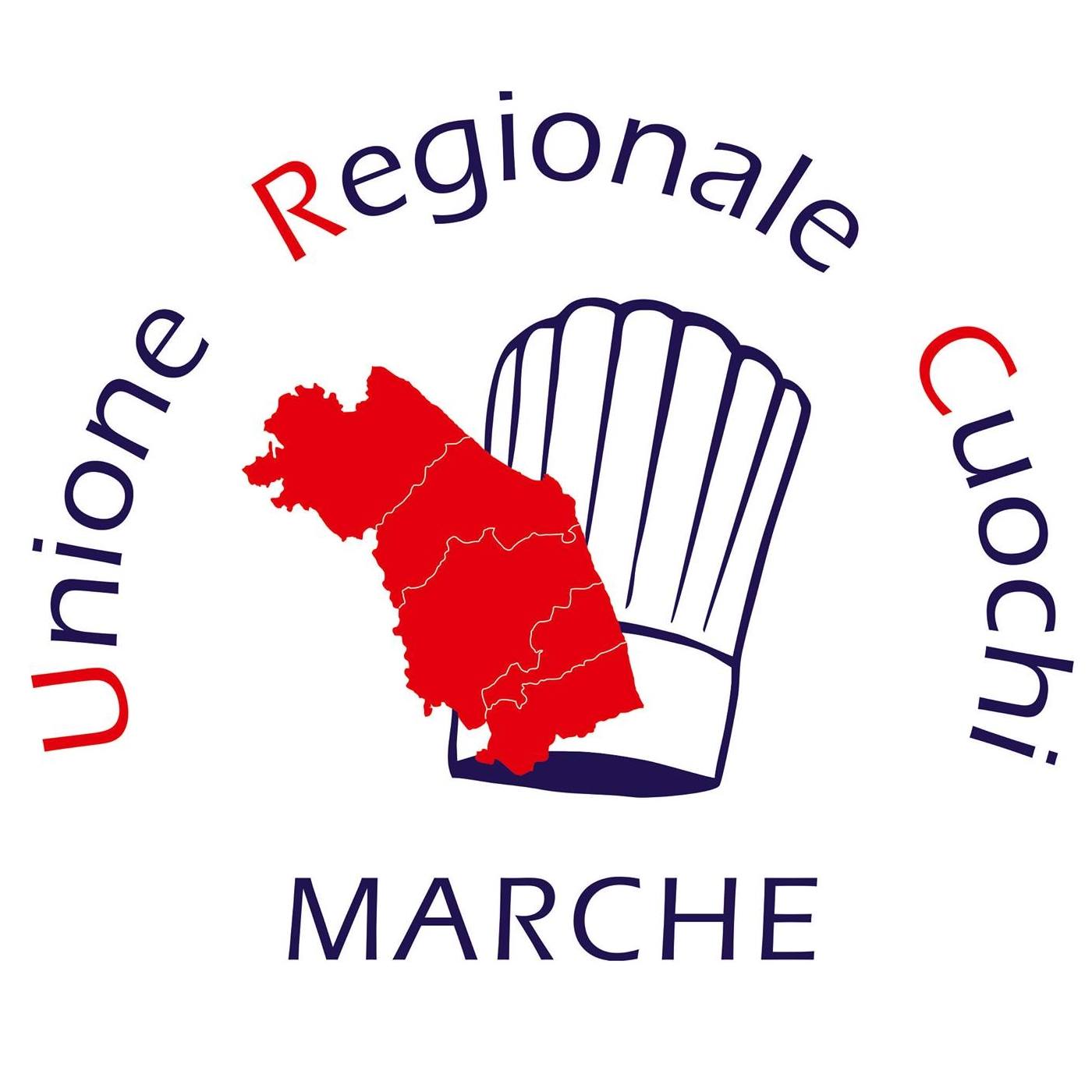
ESİAD
GR https://www.esiad.org.tr/hakkinda/Aegean Industry and Business Association - ESİAD is the largest independent and voluntary business organization in the region in terms of added value created with a total business volume of approximately 20 billion dollars and more than 200 thousand jobs, mostly in Izmir industry.
It was founded on March 16, 1992 under the leadership of the leading industrialists and business people of the Aegean Region and started its activities on July 4, 1992.
It works with the vision of carrying the business world of our country and region to a globally competitive future in line with sustainable development goals based on entrepreneurship and market economy, under the guidance of universal democratic and contemporary life values.
For 32 years, ESIAD has been pioneering the development of civil society understanding in the business world and has been trying to make significant contributions to regional development as well as to inform our society, especially in the EU accession process, and to show a conscious participation performance. For more than 20 years, the Izmir European Union Information Centre, hosted by ESİAD, has carried out many activities and projects in this context and has succeeded in becoming an important reference point on the European Union.
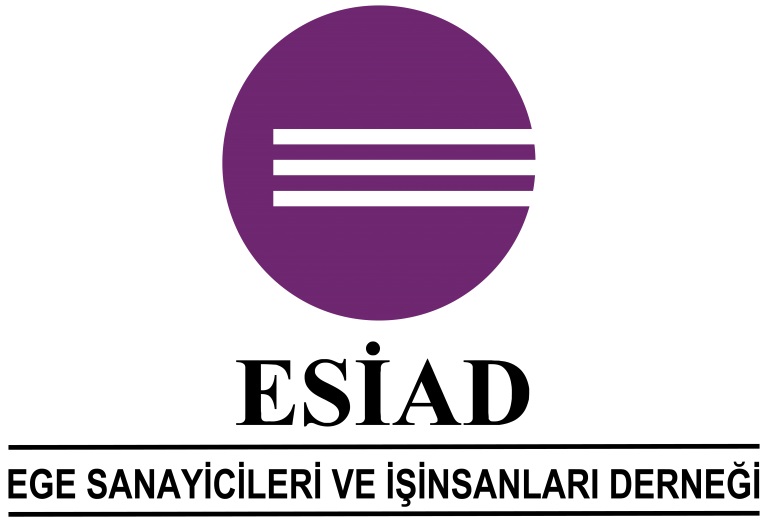
Le Jardin Vivifiant
BERue de l'Arbre Courte Joie 40, 4000 Liège, Belgium
http://www.lejardinvivifiant.beUrban market gardening where fruit and vegetables can be picked by consumers.
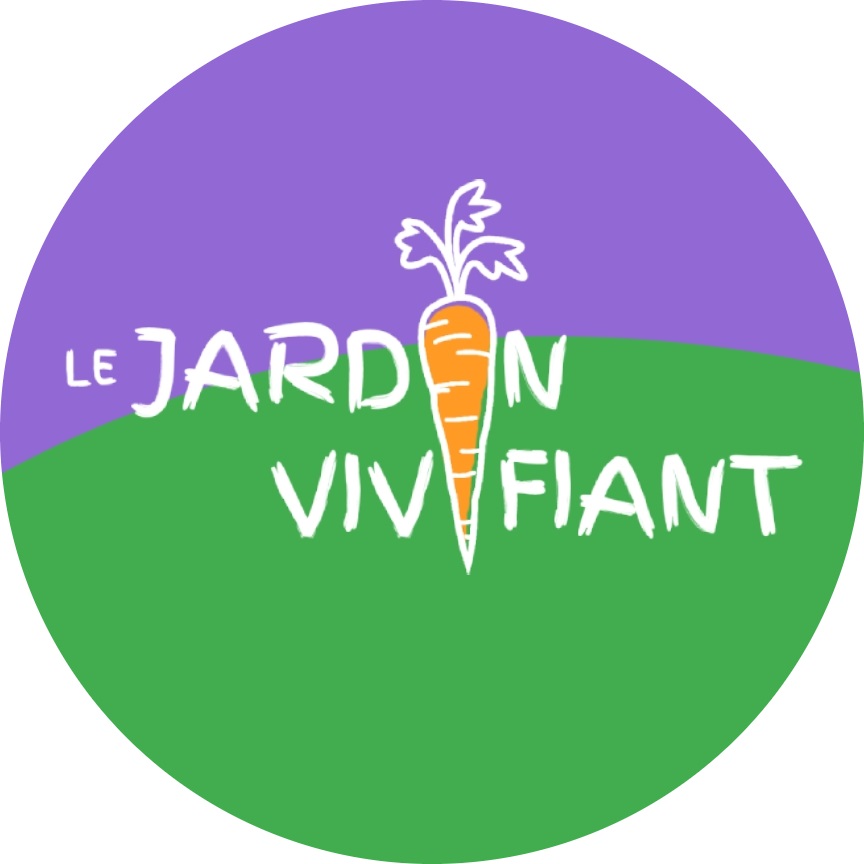
TANDEM Wirtschaftsberatung und Bildung GmbH
ATWolfganggasse 58-60/3, 1120 Vienna, Austria
https://www.tandem-wb.at/Tandem is an educational consulting organisation working with various European companies and offering a broad portfolio of contents and services, digital and ecological competences being one of the main fields of interest.
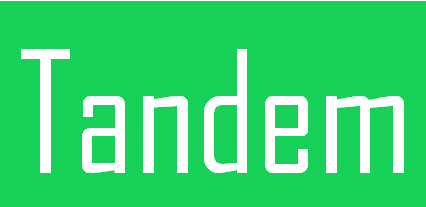
Atelier Constant Berger
BERue de Herve, 102B, 4651 Battice, Belgium
https://atelier-constantberger.be/Committed to promoting healthy and environmentally friendly food, L'atelier Constant Berger highlights local products grown using sustainable agricultural practices. Dedicated to preserving and enhancing traditional high-stem orchards, the workshop advocates for respectful and heritage-based arboriculture.
L'atelier Constant Berger has developed a fruit processing center specializing in high-stem orchard production. This center, featuring a press, a cider house, and a distillery, embodies a sustainable approach to celebrating this fruit-growing heritage.
